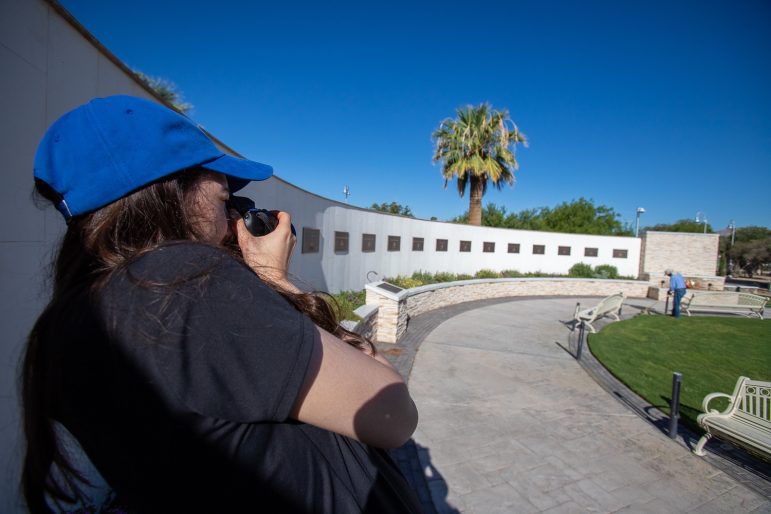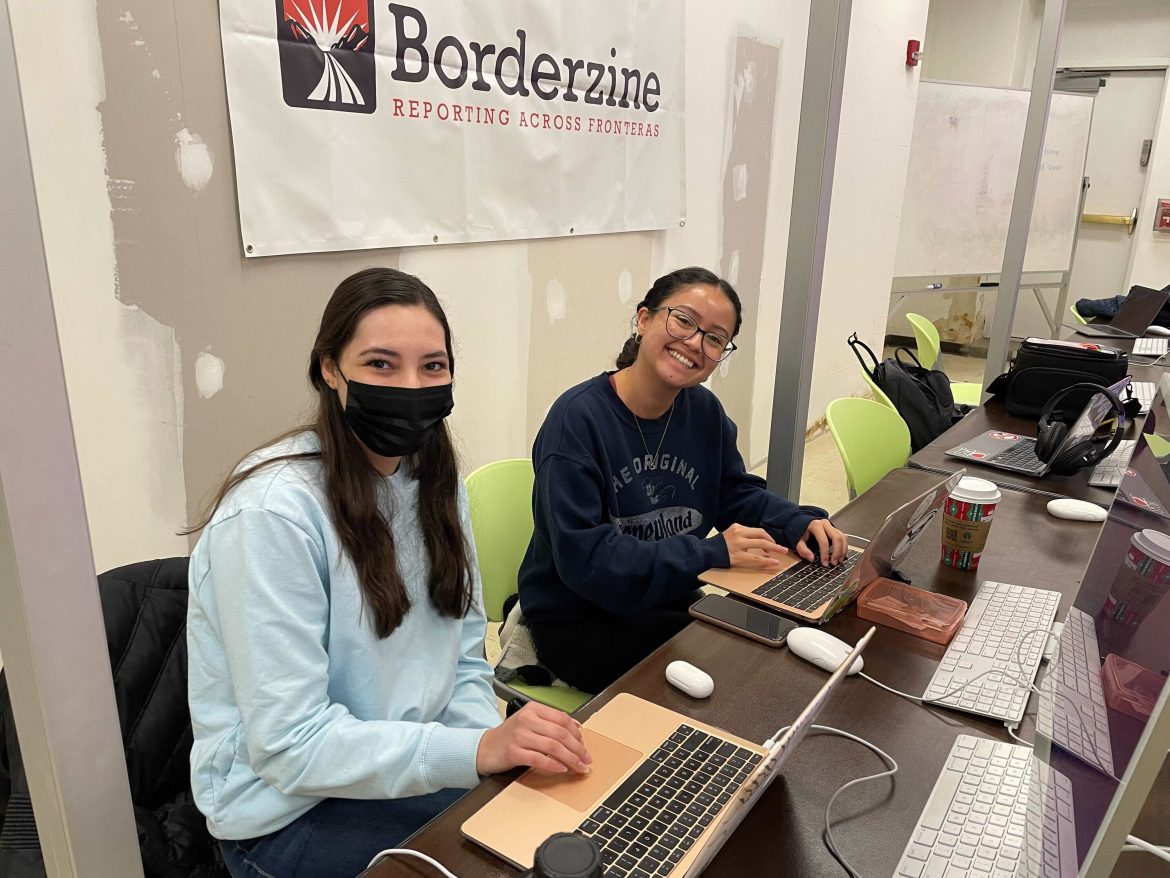Unlike most journalism students, I began my journalism degree with no interest in the career. Sure, I loved writing – I always have, but I wasn’t even familiar with the process of writing a news article.
You see, I’ve known that I wanted to be a book editor since I was 13 years old. No other job mixed my two biggest passions – reading and writing – like this one. So when the time came for me to choose a major in college, English and American Literature seemed like the logical route.
I started to question that “obvious” choice in my first semester in college after a professor told me I would most likely end up becoming an English teacher with that degree. No matter how many times I told him that wouldn’t happen, he insisted it would. He went on to say journalism would better help me get some experience writing and understanding the publishing process.
Although I didn’t want to listen to him, I talked to my advisor about it. To my surprise, he also recommended looking into journalism. The journalism degree plan, filled with writing and production classes, seemed much more interesting than the English degree. But even then, it took me an entire year to make up my mind. I wanted to be sure of the decision that, at the time, seemed monumental.
Now that I’m in my second to last semester of college and have dipped my toes in the professional world of journalism, I can confidently say I wouldn’t have it any other way. I feel in love with learning about new things and sharing that knowledge with others.
But, of course, there are some things I’ve learned that I wish I had known before changing my major.
1. Journalism is tough
Before starting this degree, I had heard people saying that journalism was an “easy” degree and career. I was always skeptical of this. If it were that easy, wouldn’t more people be journalists?
Turns out, I was right to have my doubts.
In school, journalism courses are one of the most time-consuming classes. Besides the readings and quizzes on the theory of news writing, we simultaneously work on journalism articles. All the research, interviews, gathering material for a multimedia element, and the editing of that multimedia section are done outside lecture time.
And the professional world of journalism is much more demanding than our courses.

Elizabeth Cervantes takes pictures of the Healing Garden at Ascarate Park for El Paso Matters’ stories about the Aug. 3 anniversary on July 26, 2022. Photo courtesy of Corrie Boudreaux.
This summer, I had the opportunity to intern at El Paso Matters, a local non-profit news organization, where I reported on a variety of topics. I had one week to report and write both my article and the social media posts accompanying that story. Sometimes, I also had to take pictures for the story and edit them.
The work didn’t end when I turned in my article. My editors would then read it and ask questions to make the story as clear as possible. If I didn’t have the answers already, I had to go back and ask those questions to get the story ready to publish.
Getting all the information we need is tricky because getting people to talk to us is hard.
Every time we reach out to a source, it’s like playing a balancing game – we must be friendly enough for people to open up to us but confident and pushy enough for people to actually agree to talk to us. Even then, many will say “no”. Some others will string us along only to say they can’t talk to us, leaving us scrambling to find new sources to still meet our deadlines.
2. Reporting in a border town is unique
I grew up on the border, so the issues we face were nothing new to me. It was only when I started looking for stories to pitch and reading the news more that I realized these problems are unique to the region. I mean, truly, what other community would have news reports about how the end of daylights savings time caused people to be late for school, work, and flights, and will create billions of dollars in losses in exports between two cities?
I also found that it’s easier for people native to the region to report on these issues because we understand the culture of the region. It’s more than just Mexican culture infused with a little of American traditions – it’s a culture of both sides of the border being part of your everyday life. And sometimes, understanding this can help us connect with people and better communicate their stories.
3. The degree is versatile
When I switched majors, this was what I was most afraid of. I worried the skills I learned couldn’t be transferred to the publishing industry.
I know now I had nothing to worry about.
We not only learn how to report, but we also learn how to be confident, persistent organized problem solvers – all skills that are important in every career.
I have also learned skills I never thought I would, such as photography, video and audio production, data visualization, website creation, and social media. These skills give journalism students the opportunity to work in any of these areas in and outside of journalism.
After reading all this, you might be wondering if I’ve changed my mind and am now pursuing journalism. The answer is not at the moment. I don’t think there will ever be something that calls me more than being an editor, but journalism definitely makes my heart flutter. Maybe someday I will combine both careers as a news editor, who knows. All I can say is I am more than thankful for my journalism degree for the invaluable experiences it gave me and for opening my eyes to career paths I had never considered.


